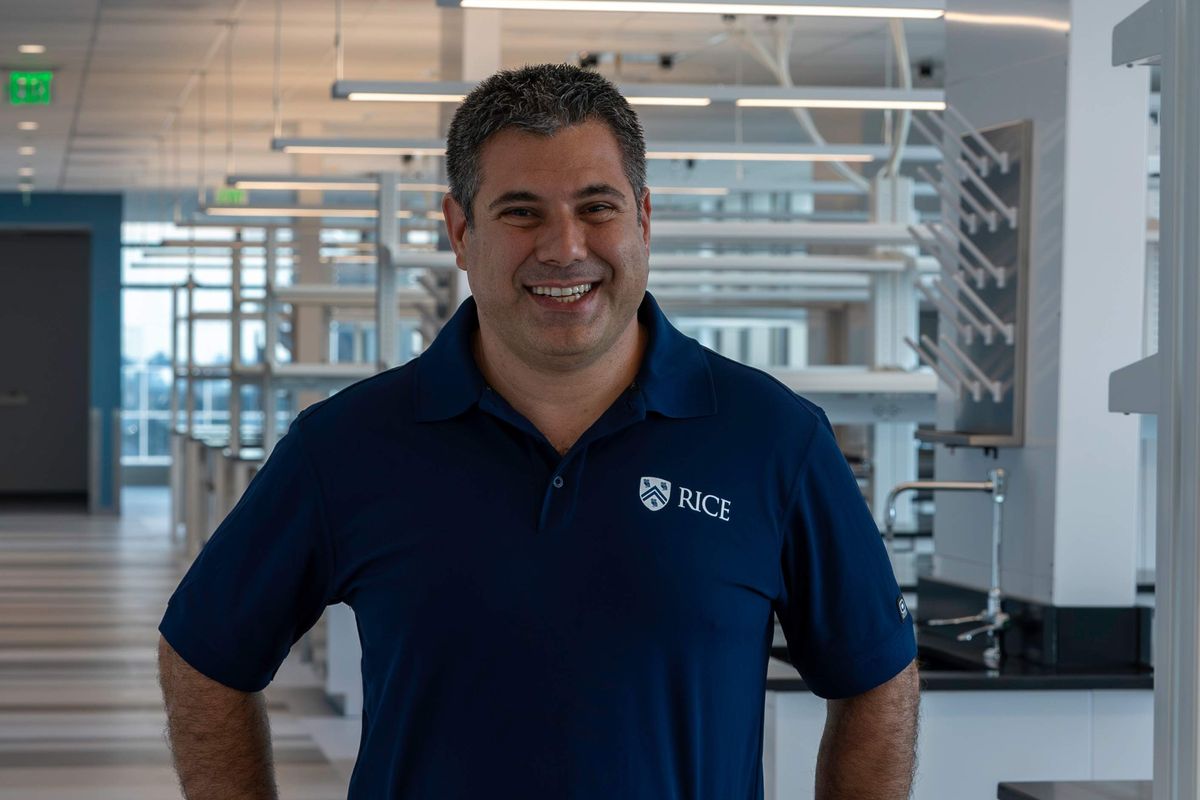2 Houston professors named as fellows for prestigious group of inventors
top innovators
The highest professional distinction awarded to academic inventors, the National Academy of Inventors, have elected two fellows from Rice University and the University of Houston for its 2024 class.
Edward Ratner, computer information systems lecturer in the Department of Information Science Technology at the University of Houston’s Cullen College of Engineering, and Omid Veiseh, bioengineer at Rice University and director of the Biotech Launch Pad, were two of the 170 honorees representing 39 states and 12 countries.
The 2024 class will be honored and presented their medals on June 26 in Atlanta, Georgia by a senior official of the U.S. Patent and Trademark Office.
Ratner’s research includes artificial intelligence, machine learning, image analysis, video compression and video streaming, and has led to 40 patents currently. His inventions on adaptive video streaming assists the technology used today for streaming video over the internet. Ratner becomes the 40th UH faculty who is either a fellow or senior member of the NAI.
“Ed Ratner’s recognition as a Fellow of the NAI is a testament to his exceptional creativity, dedication and impact in advancing innovation,” Ramanan Krishnamoorti, vice president of energy and innovation at UH, says in a news release. “Here at the University of Houston, we take great pride in fostering a culture where visionary thinkers like Ed can thrive. This honor reflects not only his remarkable achievements but also the University’s commitment to shaping the future through groundbreaking research and invention.”
Veiseh is a current professor of bioengineering, a Cancer Prevention and Research Institute of Texas Scholar and faculty director of the Rice Biotech Launch Pad, which is a Houston-based accelerator that focuses on “expediting the translation of the university’s health and medical technology discoveries into cures,” according to a news release from Rice.
His research focuses on developing innovative treatments that involve combining synthetic biology, molecular engineering and advanced materials science. He also helped lead a $45 million project funded by the Advanced Research Projects Agency for Health (ARPA-H) to create implantable cancer monitoring and treatment devices.
“It is our mission to make sure that scientific and technological advancements are translated from laboratory discoveries into life-saving cures and products that have a real and enduring impact on patients’ lives,” said Veiseh in a news release. “I am honored to be recognized by this distinguished award and would like to thank my collaborators at Rice and elsewhere for working toward this shared goal of improving lives through better, more effective treatments.”
In 2023, UH’s Vincent Donnelly, Moores professor of Chemical and Biomolecular Engineering, and Christine Ehlig-Economides, Hugh Roy and Lillie Cranz Cullen Distinguished university chair of Petroleum Engineering, all received the Fellows honor. Other 2024 Texas-based fellows include Malcom Brenner from Baylor College of Medicine, Maria Croyle from The University of Texas at Austin, Jaime Grunlan from Texas A&M University, and more.
 Omid Veiseh is professor of bioengineering and faculty director of the Rice Biotech Launch Pad. Photo courtesy Rice University
Omid Veiseh is professor of bioengineering and faculty director of the Rice Biotech Launch Pad. Photo courtesy Rice University


